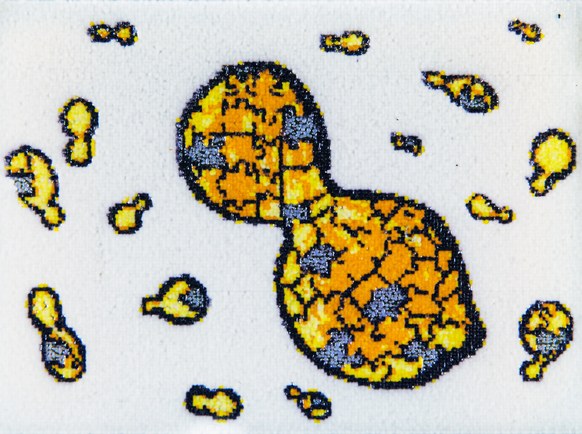Mi weekly selection #223

Creation of synthetic yeast genome nearly completed
Scientists are close to creating synthetic yeast and could have it completed by the end of this year. The artificial genome has been completely designed and is about one-third complete, and once constructed, it could be used to make new biofuels, drugs and unique materials.
New radar technique locates lost spacecraft in lunar orbit
A new radar technique developed by NASA has been successful in finding space debris, such as lost satellites, orbiting the moon. Scientists were able to track NASA’s still-active Lunar Reconnaissance Orbiter and India’s lost spacecraft Chandrayaan-1 using large radar antennas, and the technique might help keep future missions to the moon safer.
Early findings suggest potatoes could be grown on Mars
Potatoes can grow just about anywhere, including Mars. Scientists are growing potatoes in Mars-like soil from a Peruvian desert inside a CubeSat under extreme conditions, and the findings could not only benefit future Mars colonists but also help undernourished populations here on Earth.
Space flashes could be from alien source
Alien spacecraft could be behind periodic cosmic light flashes billions of light-years away. Since other explanations for the fast radio bursts haven’t been identified, “An artificial origin is worth contemplating and checking,” said Avi Loeb, co-author of the study.
Going gluten-free could raise risk of diabetes
Going gluten-free may not have any health benefits for people without gluten intolerance or celiac disease and might actually raise the risk of developing type 2 diabetes. Researchers found that those who ate more gluten were 13% less likely to develop diabetes than those who ate little gluten over the study period.